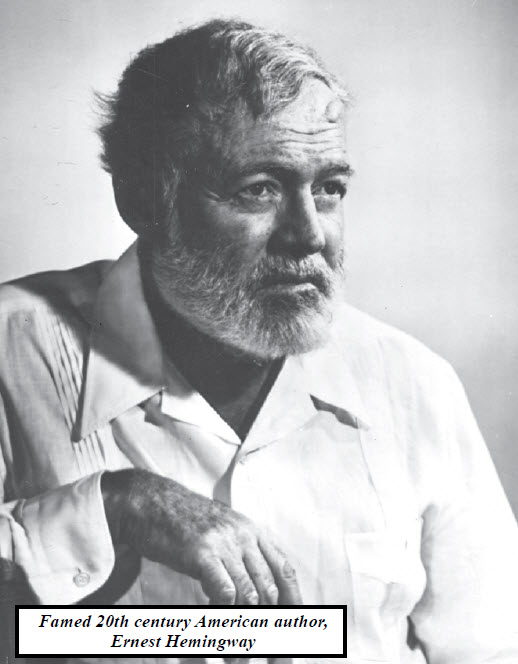Easy Enemies – The Millennial Mind
 By: Rosemary Dewar
By: Rosemary Dewar
Standing up for a noble and respectable issue should not be difficult, and you do not need an enemy in order to justify it. When an adversary is invented to persuade an audience, there are now two problems to solve: the strawman and the original obstacle. The more a willful misrepresentation is built up, the greater the difficulty in undoing the damage of the division it created. You end up discovering that the enemy is now yourself.
Too often, individuals are still not taking responsibility for their “little contributions” to misperceptions of reality. The two most powerful statements an individual can assert honestly are, “I do not know,” and “I was wrong.” Neither one of these statements makes you inferior to the audience. Admitting that you may have a missing piece of understanding only strengthens an argument. Instead, we witness our culture making up information in order to mask their ignorance, and manufacture a crisis in order to push an idea in the hopes of convincing or tricking the audience into begging for social regulation. Furthermore, projecting malice where there is none is an added hindrance. In order to reduce someone’s readiness to defend themselves, he or she must be put into a position to now fight a perceived internal threat.

In Star Wars: The Empire Strikes Back, Luke Skywalker is training on the planet Dagobah. While resting, Luke feels drawn to a particular place in the woods. He asks his trainer, Yoda, what is in those woods. Yoda tells him that only what he takes with him is in those woods, and that his weapons are useless there. Luke comes face to face with a visual manifestation of his nemesis and slays it, only to find his own face in it. Woods are usually a literary symbol of the unknown. In this case, it is Luke’s unknown pieces of his character. Everyone has that piece of wickedness within, but whether you are willing to control it will determine the virtue of your actions. You can become your worst enemy by becoming your own greatest flatterer.
Groups and communities do not have as much power over you as they make you think they do. Sure, regimes, policies, secret societies, clubs, hierarchies do exist; however, they are not in total control of you. A system may attempt to be standardized enough to manage many, but the individual is so singular that a system will fail to do so. In the United States, that is called freedom. You do not fit the mold, and that singularity is essential for others to participate in that freedom as well. As much as there is an urgency to override societal ills, it always takes a commitment to take the same amount of time undoing the consequences as it did to create the consequences in the first place. Those that claim there is “no time to waste,” that “doom is imminent,” and “the time is now” are simply aiming to assert their brand of control.
The Judeo-Christian worldview asserts that you are not to have anxiety concerning anything. In addition, you are urged to be critical of anything you question, and hold it up to the knowledge you have of God. You are in control of what you choose to perceive, and you are in control of how you choose to act on it. Ignorance is possible when someone else has concealed something from you, or you have neglected your due diligence to assess a situation properly.
Author Ernest Hemingway said that, “No weapon has ever settled a moral problem. It can impose a solution, but it cannot guarantee it to be a just one.” Social ills are people issues, and not systematic structures. Money is not the problem, technology is not the problem, education is not the problem, health is not the problem, but how an individual addresses those obstacles can become their problem. There is not a political policy in the universe that can solve every societal discrepancy.
Either you learn to master yourself, or you will be mastered by the worst part of yourself.
By: Rosemary Dewar
